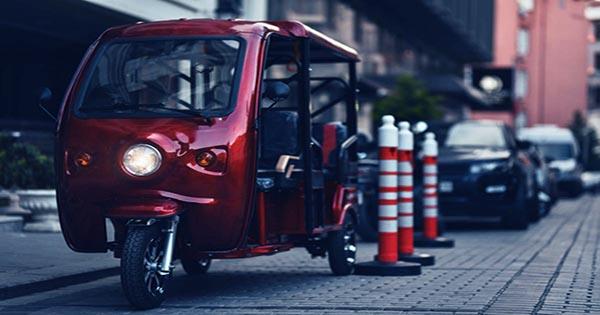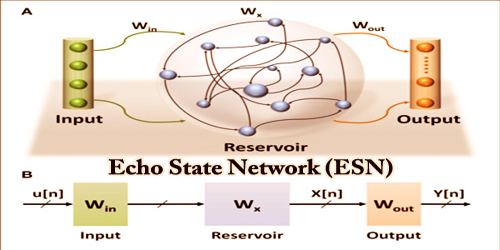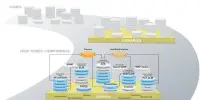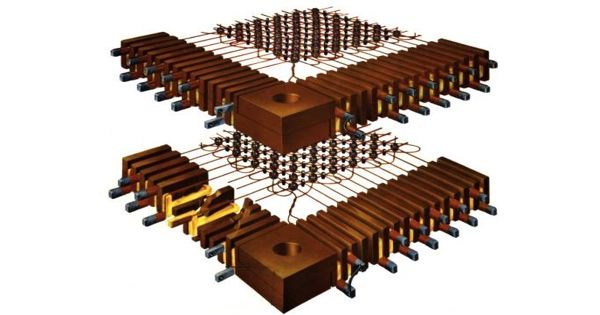Auto rickshaws and other two- or three-wheeled vehicles play an important role in India, which is more densely populated and has lower rates of car ownership. While many auto-rickshaws on Indian highways are now electric, they still use lead-acid batteries that must be replaced every six to eleven months.
Power Global, a two-year-old firm, seeks to disrupt the auto-rickshaw sector by providing a retrofit kit for diesel-powered cars as well as a swappable battery pack to convert from lead-acid to lithium-ion batteries.
Porter Harris, who previously designed the batteries for SpaceX’s Falcon 9 rocket and Dragon spacecraft, launched Power Global. He was also the chief battery engineer of Faraday Future, an electric vehicle startup. He thinks that Power Global has been 95% self-funded so far, thanks in part to the sale of his SpaceX investment. In a recent interview with TechCrunch, he said, “I’ve been looking at the Indian market for almost five years.”
The market for electric rickshaws in India is expected to expand to $1.3 billion by 2025, according to certain market research companies. It’s also dire: according to air quality technology company IQAir, 15 of the top 20 most polluted cities in the world were in India last year, with traffic accounting for a large portion of those emissions.
Power Global is seeking to grab practically the entire auto-rickshaw industry by selling two separate products for diesel-powered or electric rickshaws – the refit kit, which Harris claims will suit over 90% of current models, and the “eZee” swappable battery.
Thanks to Power Global co-founder Pankaj Dubey’s vast experience working with Indian dealerships during his time with Hero Motors, Yamaha, and Polaris, Harris claims the company now has roughly 48 dealers ready to market its products. And that’s a big plus because Power Global’s strategy relies heavily on a large dealer network to sign people up for the swappable battery subscription model and assist drivers with purchasing and installing retrofit kits.
The main source of revenue will come from enrolling drivers in Power Global’s “eZee” swappable batteries’ energy-as-a-service monthly subscription plan.
Harris explained, “It’s a very different business strategy.” “We can’t take gasoline or gas solutions and try to make them work for electric; it’s a whole different animal.” Our perspective is that there should be a lot of kiosks and a minimal number of [battery] modules per location.” The company intends to begin operations on the outskirts of New Delhi, in the National Capital Region, with the goal of eventually establishing a kiosk every three kilometers or so. Drivers will also be able to take the battery home with them and charge it with a Power Global home charger.
















